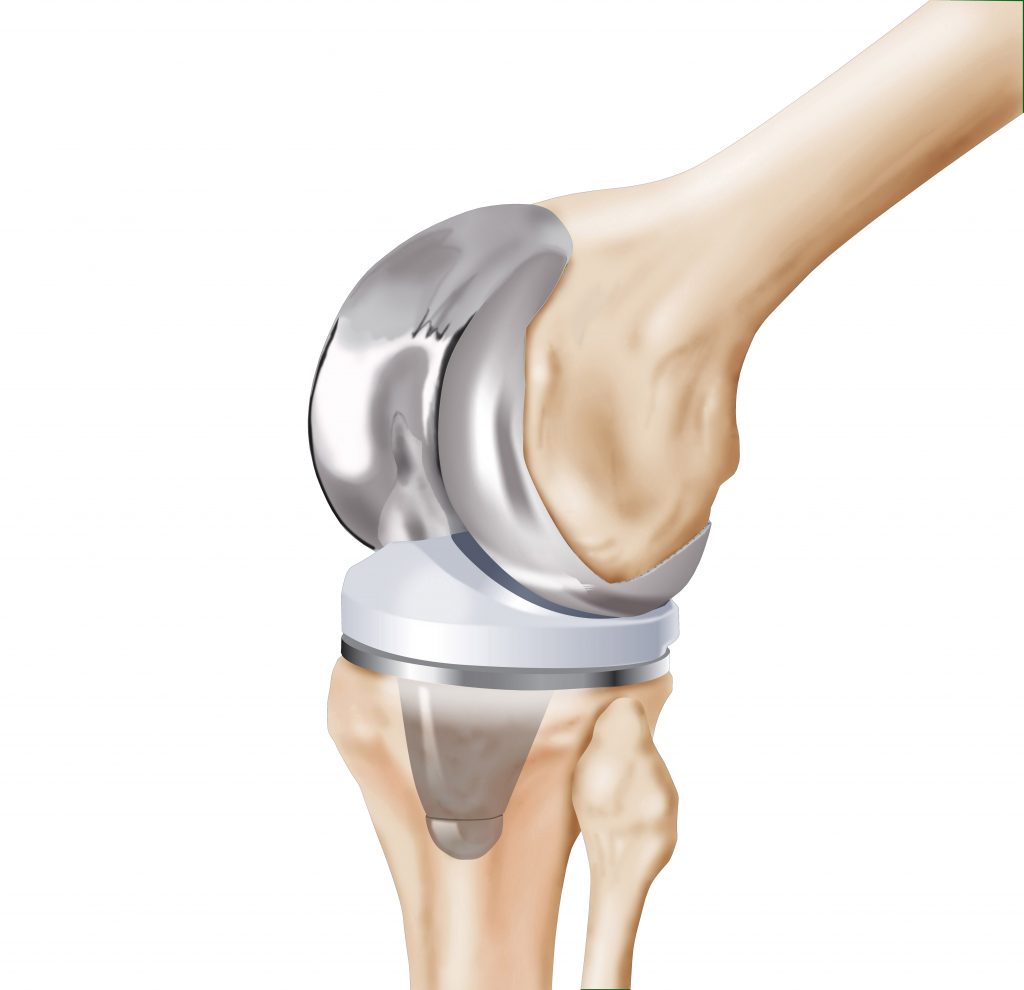LINGERING EFFECTS FROM THE COVID-19 PANDEMIC
Over the past 20 years, an ageing global population, more sedentary and less active lifestyles, technological advances and decreasing production costs have all made orthopaedic implants for knee replacement surgery a real growth industry.
But, like so many other global industries and services over the past couple of years, the market for knee implants has been hit hard by the Covid-19 pandemic.
Ali Madani is the founder and head of Avicenne Medical, one of the world’s leading consultancies on the market for orthopaedic medical devices. He has some stark findings to share.

